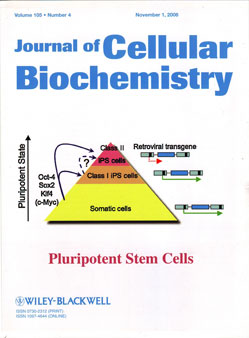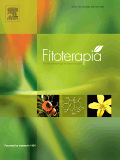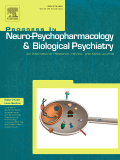
“There is urgent need for the development of mechanistically different and less side-effect prone antipsychotic compounds.
The endocannabinoid system has been suggested to represent a potential new target in this indication.
Although, results from animal studies are inconsistent to a certain extent and seem to depend on behavioral paradigms, treatment duration and experimental conditions applied, cannabidiol has shown antipsychotic properties in both rodents and rhesus monkeys.
After some individual treatment attempts, the first randomized, double-blind controlled clinical trial demonstrated that in acute schizophrenia cannabidiol exerts antipsychotic properties comparable to the antipsychotic drug amisulpride while being accompanied by a superior, placebo-like side effect profile.
As the clinical improvement by cannabidiol was significantly associated with elevated anandamide levels, it appears likely that its antipsychotic action is based on mechanisms associated with increased anandamide concentrations.
The antipsychotic potential of cannabidiol has been investigated in various behavioral paradigms and different animal models of aspects of schizophrenia.
Although the results were partially inconsistent, they indicate that cannabidiol treatment ameliorates impairments of PPI, social interaction behavior and cognition in rodents and rhesus monkeys.
In addition, individual treatment attempts as well as one randomized, double-blind clinical study, demonstrated the antipsychotic potential of cannabidiol and its superior side effect profile compared to conventional antipsychotics. In addition, a recently conducted clinical trial investigating cannabidiol as an add-on medication showed promising results, although these have not yet been published in a peer reviewed process.
Obviously more clinical trials are needed to substantiate the current findings, and in particular to investigate long-term efficacy and safety in larger cohorts.
However, cannabidiol seems to represent a mechanistically different and less side-effect prone antipsychotic compound for the treatment of schizophrenia, even though the underlying pharmacological mechanisms are still under debate.
Nevertheless, the association between increased anandamide levels and reduced psychotic symptoms in schizophrenic patients treated with cannabidiol, points to a potentially new antipsychotic mechanism of action involving anandamide.”
https://www.ncbi.nlm.nih.gov/pmc/articles/PMC5099166/









